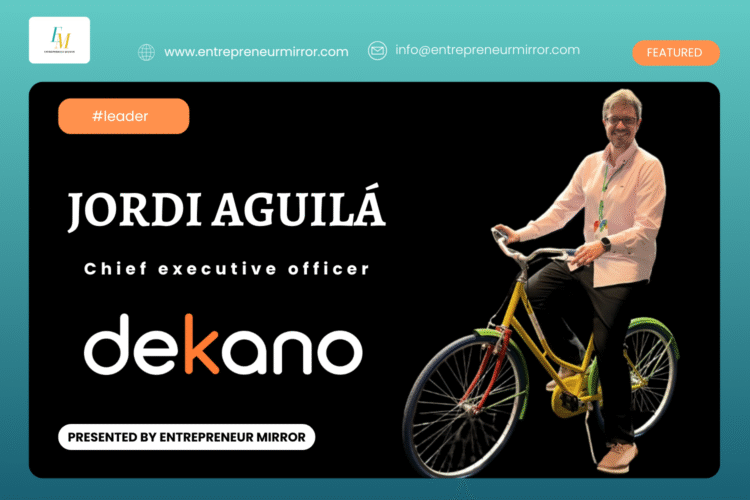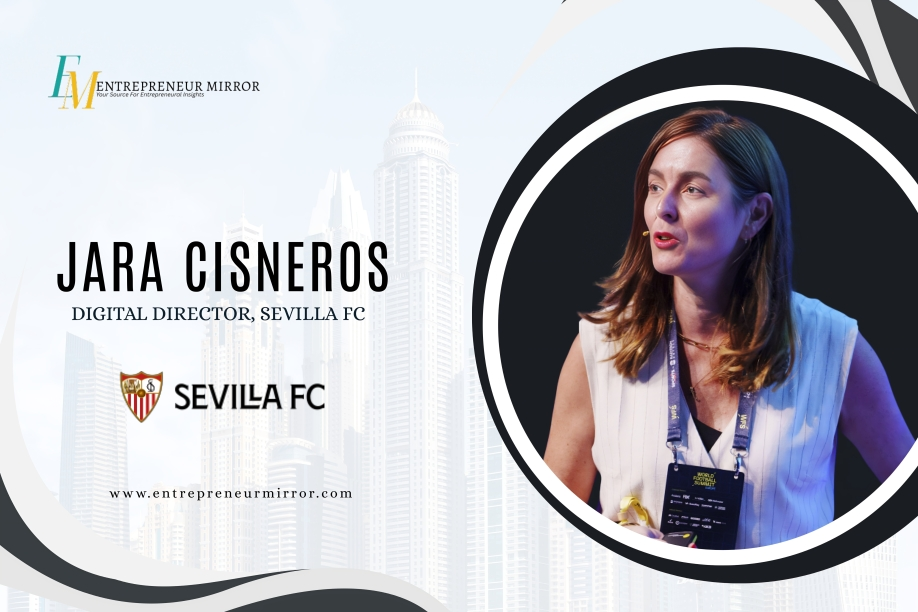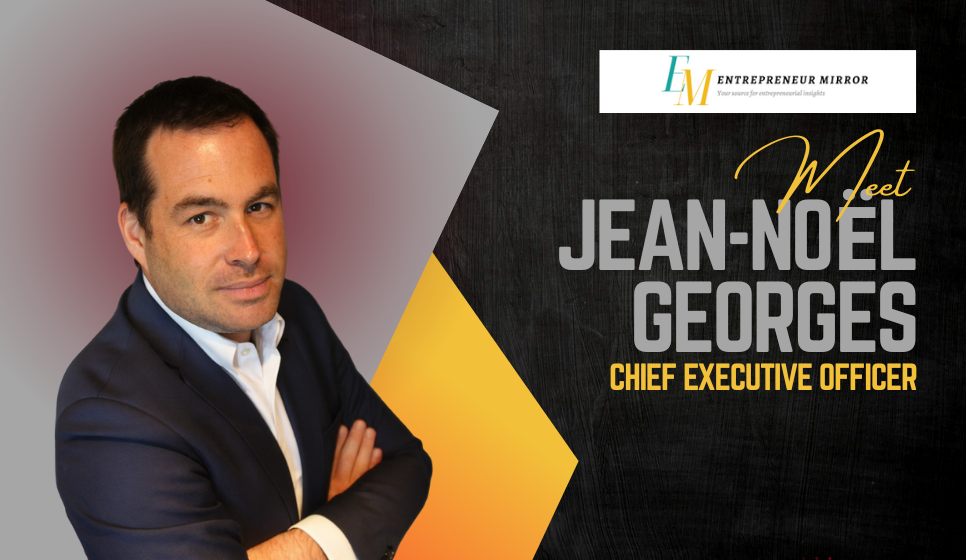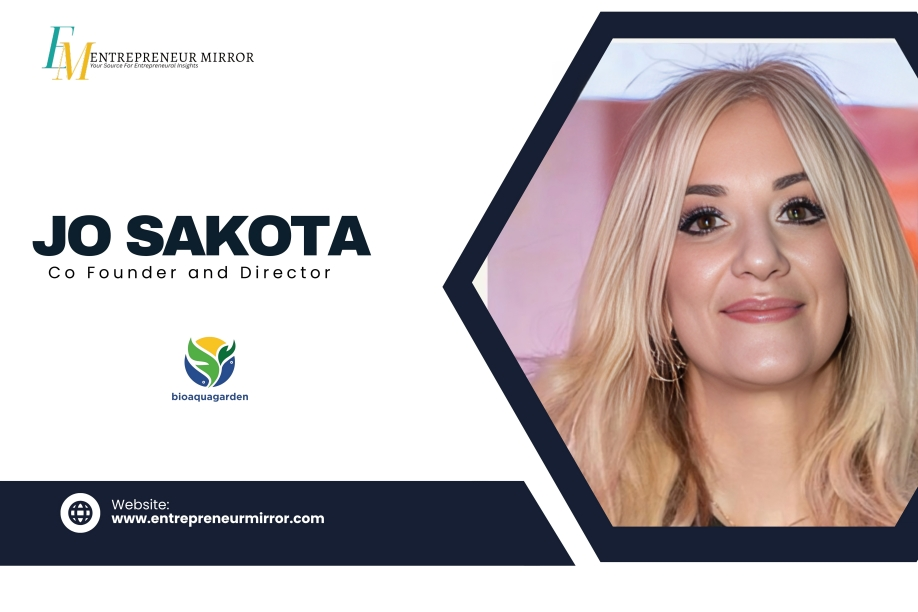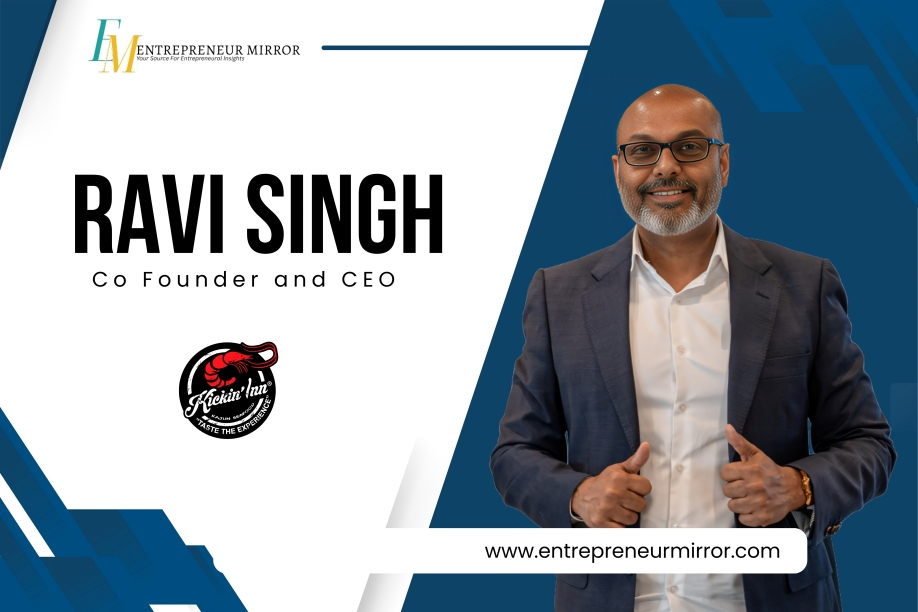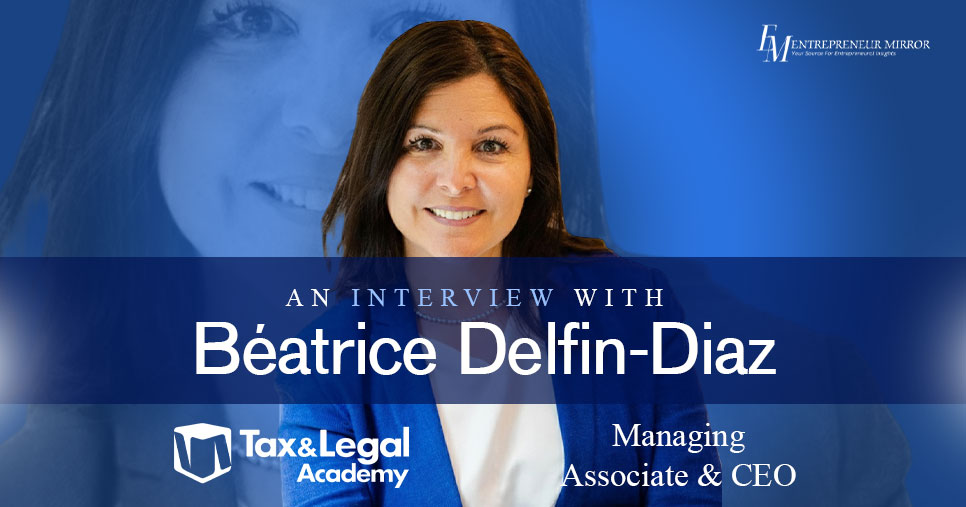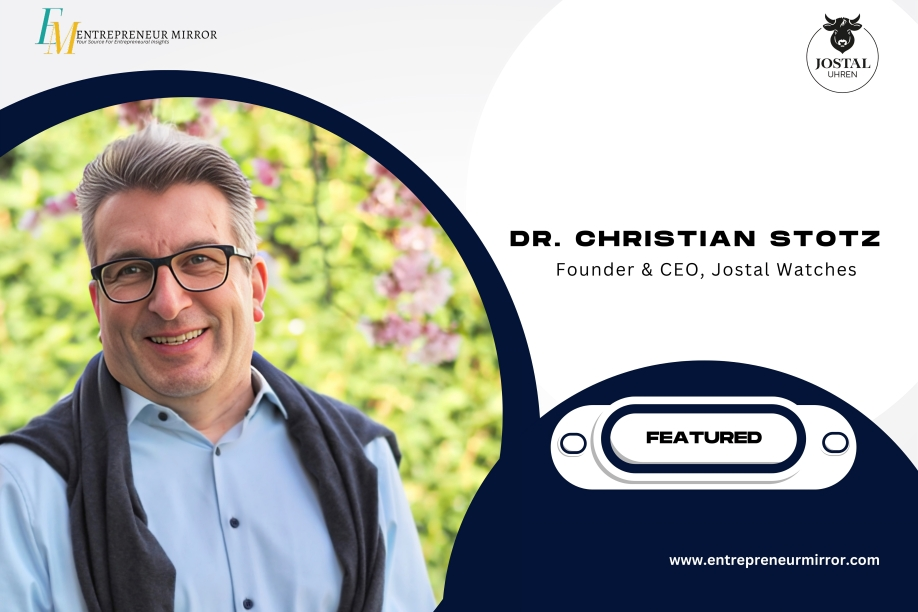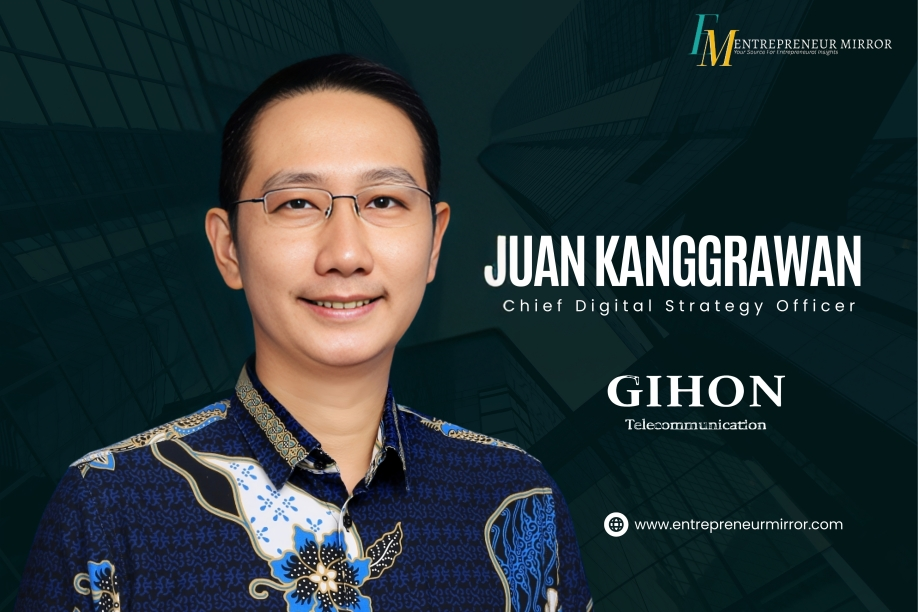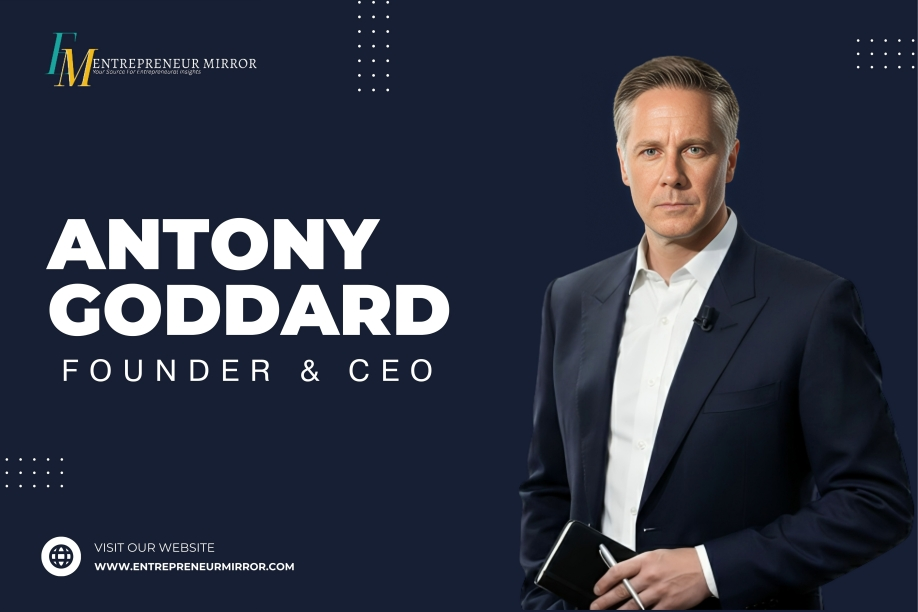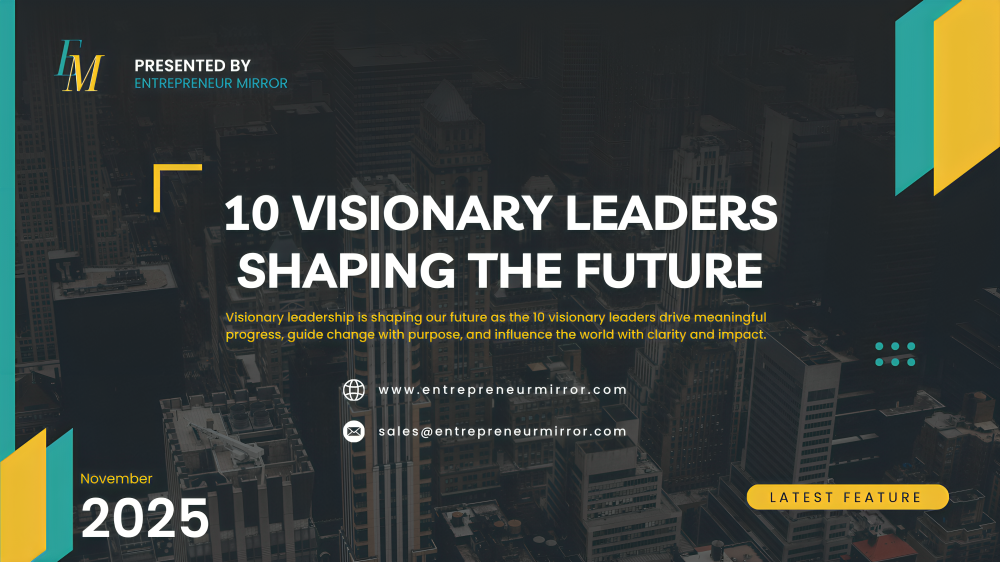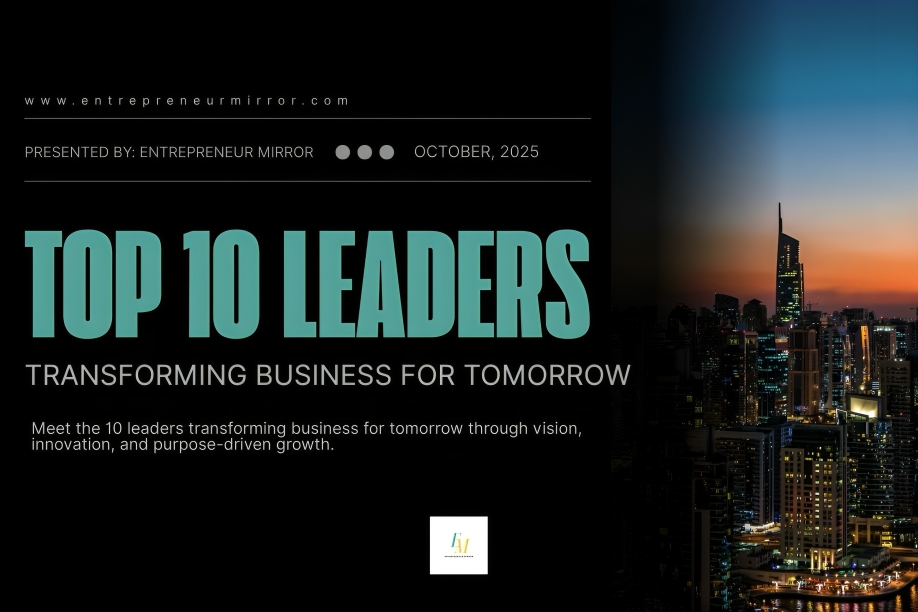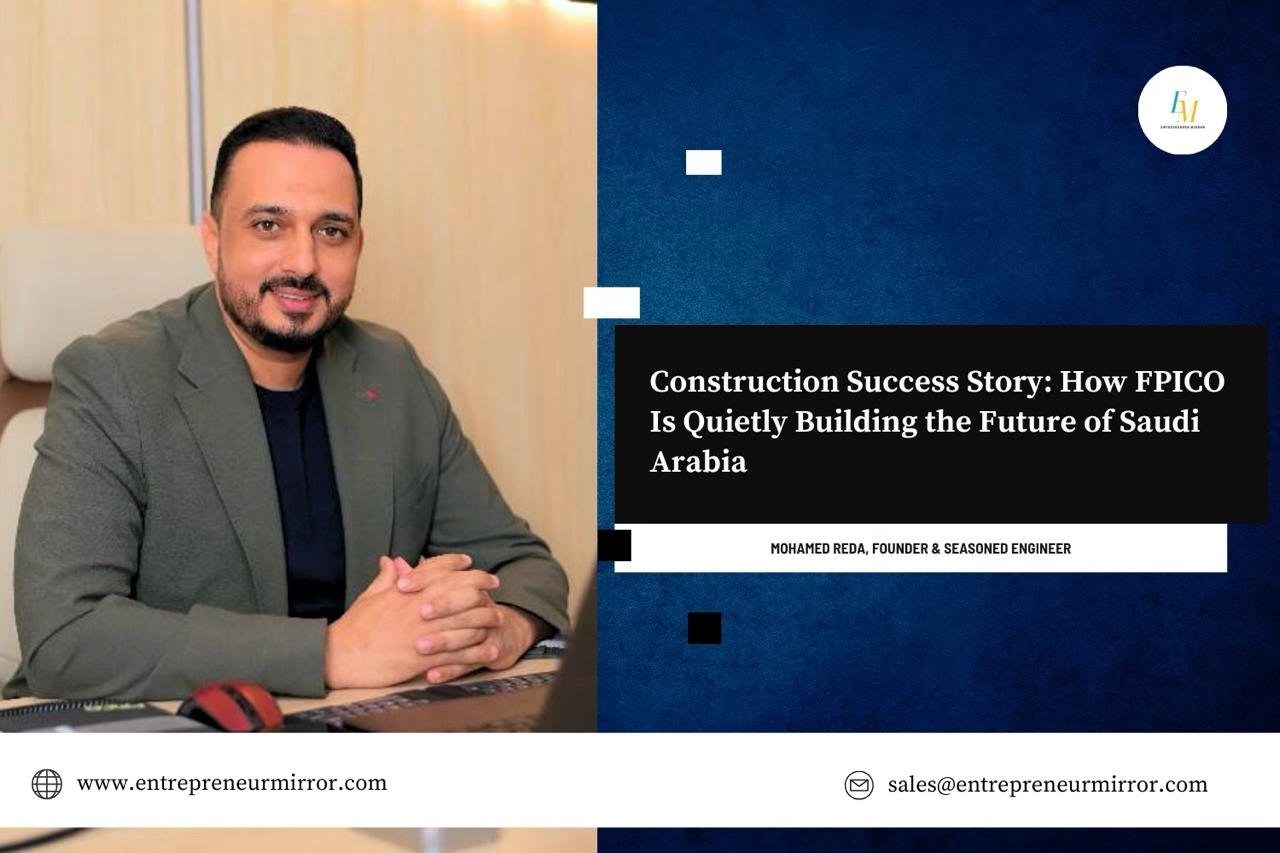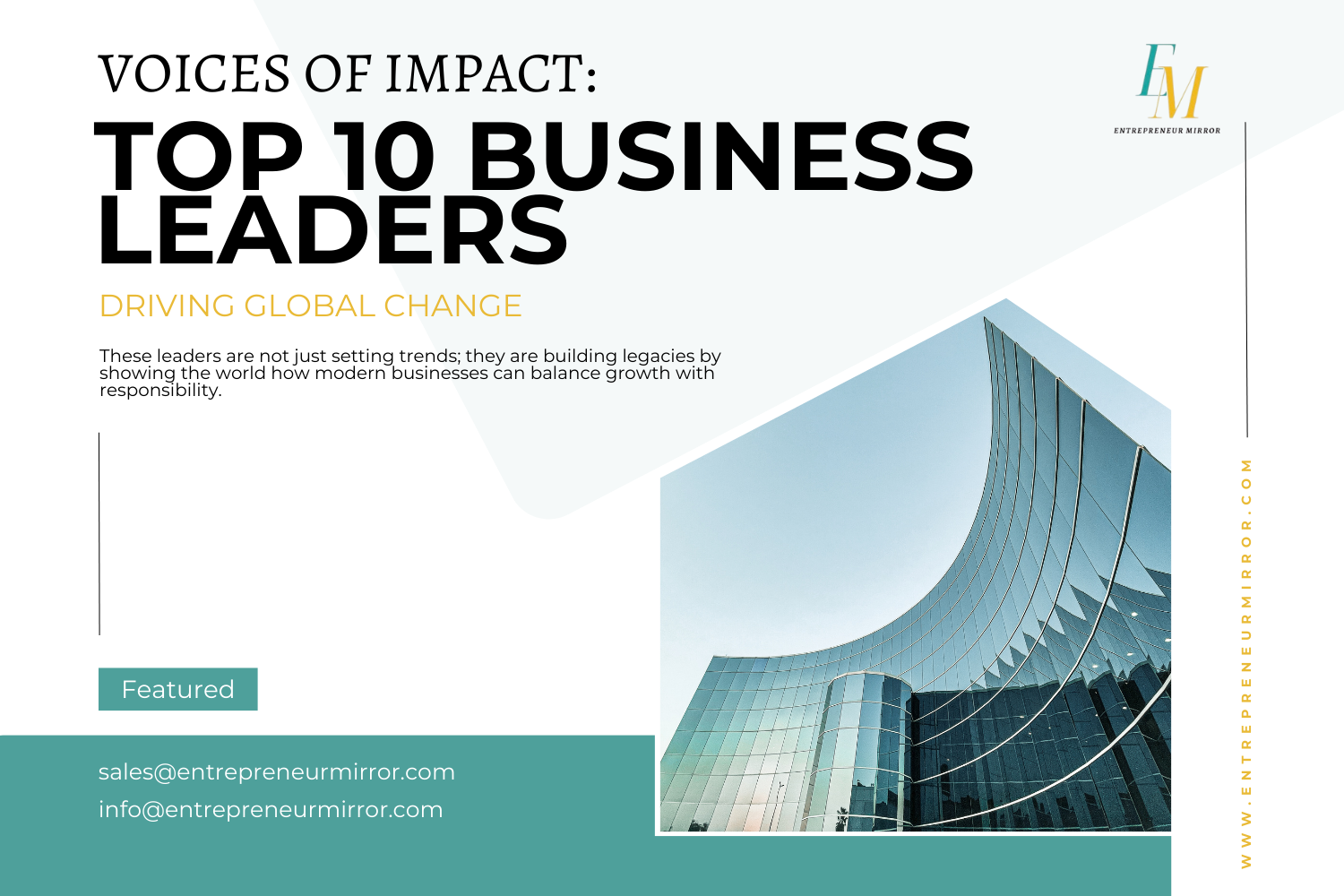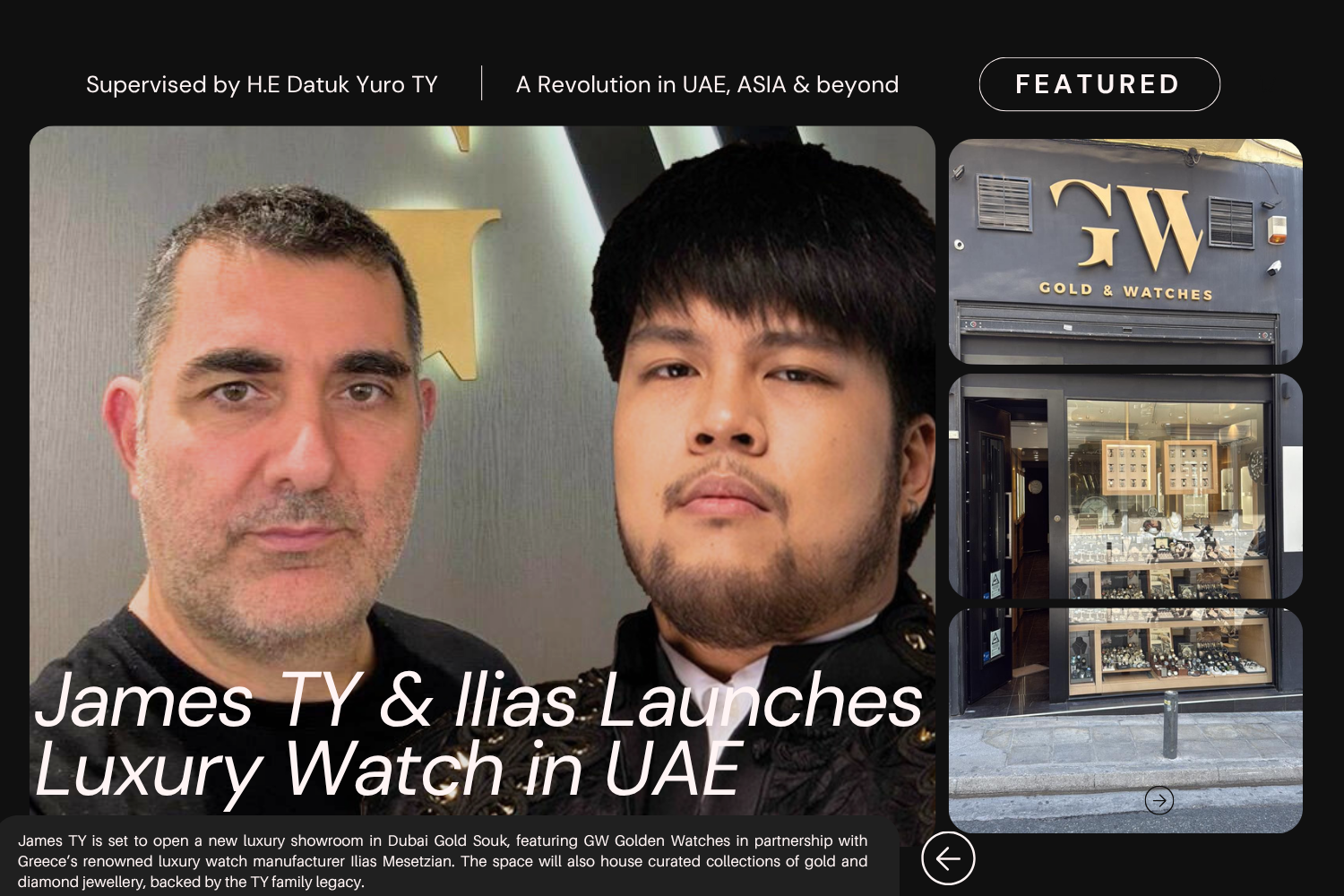We recently had the opportunity to talk with Jordi Aguilá, CEO and Co-founder of Dekano, a company empowering businesses with innovative technology and data solutions. With a strong passion for innovation and a demonstrated history of driving growth in tech-oriented environments, Jordi excels in leading initiatives to optimize business performance and enhance the decision-making process. By leveraging advanced analytics and emerging technologies, Jordi Aguilá delivers impactful results and drives organizational success in a dynamic landscape.
Career Trajectory of Jordi Aguilá
We started the session by asking, “Can you walk us through your professional journey and how it led to where you are today?”
Jordi Aguilá responded, “I am a physicist by training and hold a PhD in neuroscience. My professional journey began in academia, where I focused on research and teaching. Over time, I realized I wanted to apply my analytical and problem-solving skills to the business world, where the impact of data and AI could be felt more directly in society and industry.
That decision to move from academia into the private sector marked the start of my path, which ultimately led me to create Dekano, a company where we bring advanced analytics and AI into organizations in a way that is both practical and responsible.”
Adaptability Amidst Uncertainties
Interested to learn how Jordi Aguilá deals with the challenging phases, we asked, “Reflecting on your career, what have been some of the most significant challenges you’ve faced, and how did you overcome them?”
“One of the biggest challenges has been balancing innovation with pragmatism. In data and AI, it’s easy to get lost in cutting-edge technologies, but clients need tangible value. I overcame this by focusing on client-centric design: starting with real business pain points and building solutions backward from there.
Another challenge was founding Dekano itself: moving from being an independent consultant to creating a company with a structured team and investor backing. The solution was strong governance and surrounding myself with co-founders and partners who complement my skills,” he shared.
Balancing Visions and Business Requirements
Ensuring a healthy balance of plans and business requirements is quite crucial. We asked, “How do you balance long-term vision with short-term operational needs?”
Jordi Aguilá explained, “I see it as two complementary rhythms: the visionary track, where we set goals for Dekano’s products (like Prisma, Kubo, and Sphera), and the operational track, where our consultancy delivers projects with immediate impact. The consultancy side finances and grounds us, while the product side pushes innovation and scalability. I dedicate specific time each week to review both tracks and ensure they align, so I never let urgent needs drown out strategic priorities.”
Current Offerings at Dekano
We further asked, “Tell us more about your services and if you are planning to add something new in the future.”
“Dekano provides consultancy services to a wide range of clients, from startups to large corporations, across sectors such as finance, retail, and technology. We design and implement modern data strategies, build cloud-native infrastructures, and deploy AI solutions that help companies make better decisions, reduce risks, and improve efficiency. We are also in the process of becoming official Google Cloud partners, which will reinforce the quality and scalability of the services we deliver.
Alongside consultancy, we are developing our own product suite, fully built on Google Cloud infrastructure. Prisma, our solution for document digitalization with AI, is launching this year, followed by Kubo, a platform for customer segmentation using unsupervised learning, and Sphera, which provides geolocated risk and alert intelligence enriched with contextual data. These products are designed to solve recurring challenges we identified in the market and to make advanced technology accessible to organizations of any size,” Jordi shared.
Effective Market Trend Assessment
Interested to learn how Jordi Aguilá stays ahead of the curve with the right trends assessment, we asked, “What methods do you use to analyze market trends, and how have these influenced your business decisions?”
Jordi Aguilá replied, “We combine quantitative analysis with qualitative signals from our community: events, partner ecosystems, and direct client feedback. For example, our decision to invest heavily in document automation (Prisma) came from observing both macro-trends (compliance-heavy industries), and micro-trends (clients repeatedly asking for faster document workflows).”

Impact of the Digital Revolution
The technological advancements have redefined business across sectors. To learn more, we asked Jordi Aguilá, “How has digital transformation affected your business model?”
Jordi Aguilá reflected, “It’s been central. Digital transformation has shifted clients’ expectations from projects that produce dashboards to end-to-end solutions that automate, explain, and integrate into workflows. For Dekano, this means we don’t just build pipelines, we deliver business outcomes tied to revenue, risk reduction, or efficiency. It has also influenced how we operate internally: we run a lean, cloud-native company that scales through automation and strong partnerships.”
Potential Trends of the Future
To understand Jordi Aguilá’s perspective on the potential trends of the industry, we asked, “What emerging technologies do you believe will have the most significant impact on your industry in the next five years?”
Jordi Aguilá mentioned, “I believe the most significant impact will come from the convergence of explainable AI, synthetic data, and multimodal systems. Explainable AI will be crucial because organizations are demanding not only powerful models but also transparency and trust in the decisions they support.
Synthetic data and simulations will become essential in industries where real data is limited, sensitive, or expensive to collect, unlocking opportunities that were previously inaccessible. Finally, multimodal AI, capable of integrating text, images, geospatial data, and other formats, will redefine how decisions are made, providing richer and more holistic insights.”
Fostering Employee Satisfaction
Employees are the backbone of the success of every business. We asked Jordi Aguilá, “What strategies do you implement to maintain high levels of employee engagement and satisfaction?”
He reflected, “We focus on building a culture that combines clarity, autonomy, and purpose. Clarity means that every member of the team understands where Dekano is heading and how their work contributes to that journey. Autonomy reflects the trust we place in people to execute their tasks without micromanagement, empowering them to take ownership and grow.
Purpose is embedded in our mission: we are not building AI for hype, but to deliver innovation with impact, solving real challenges for our clients. We also emphasize flexibility and continuous learning. We want Dekano to be a place where professionals feel they can develop both technically and personally, while contributing to projects that have meaning beyond the immediate deliverables.”
Crafting a Strong Legacy
Lastly, we asked, “How do you want your business to be remembered, and what steps are you taking to secure that legacy?”
“Our goal is to help companies of all sizes access innovative technology that, for different reasons, is often out of their reach. We want Dekano to be remembered as a facilitator: the company that helped others achieve their objectives by making advanced data and AI solutions accessible, transparent, and impactful.
To secure this legacy, we are embedding accessibility and responsibility into everything we do, from the way we design products to the way we deliver consultancy. We measure our success not only by growth, but by how our work empowers clients to innovate and succeed in ways they couldn’t before,” Jordi concluded.
Connect with Jordi Aguilá on LinkedIn to learn more about his journey.
Find Dekano on LinkedIn and visit their website http://www.dekano.es/
Also Read :-
Rahim Abu Omar: Defining Luxury Hospitality through Heritage and Elegance

